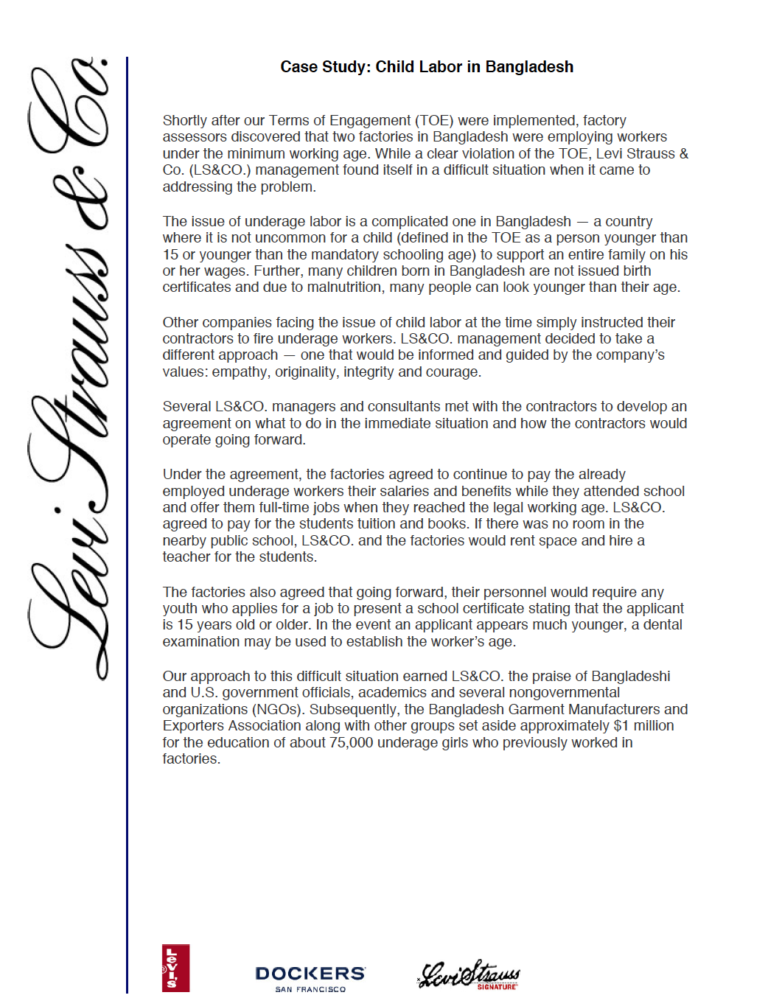Case study: Tech Against Trafficking – Counter-Trafficking Data Collaborative
News & AnalysisGood PracticesHuman trafficking is a crime against humanity and a violation of the most fundamental human rights. No attempt to build a more resilient society can ignore the systemic issues that allow trafficking to take hold, since the ongoing existence of moder...Read More

